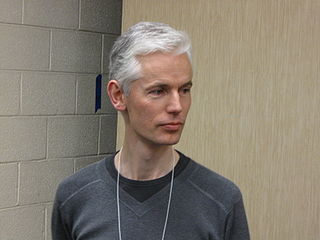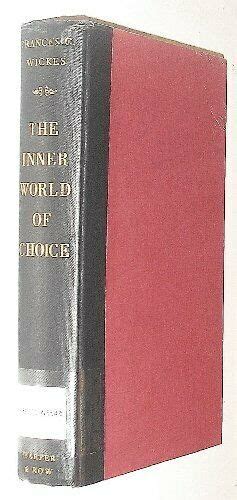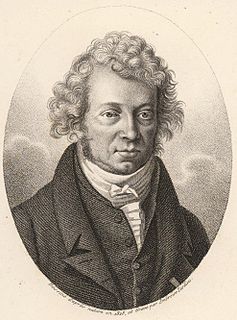A Quote by Samuel Taylor Coleridge
Facts are not truths; they are not conclusions; they are not even premises, but in the nature and parts of premises.
Related Quotes
In law, as in every other branch of knowledge, the truths given by induction tend to form the premises for new deductions. The lawyers and the judges of successive generations do not repeat for themselves the process of verification any more than most of us repeat the demonstrations of the truths of astronomy or physics.
To make our position clearer, we may formulate it in another way. Let us call a proposition which records an actual or possible observation an experiential proposition. Then we may say that it is the mark of a genuine factual proposition, not that it should be equivalent to an experiential proposition, or any finite number of experiential propositions, but simply that some experiential propositions can be deduced from it in conjunction with certain other premises without being deducible from those other premises alone.
Ordinarily logic is divided into the examination of ideas, judgments, arguments, and methods. The two latter are generally reduced to judgments, that is, arguments are reduced to apodictic judgments that such and such conclusions follow from such and such premises, and method is reduced to judgments that prescribe the procedure that should be followed in the search for truth.






































